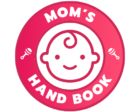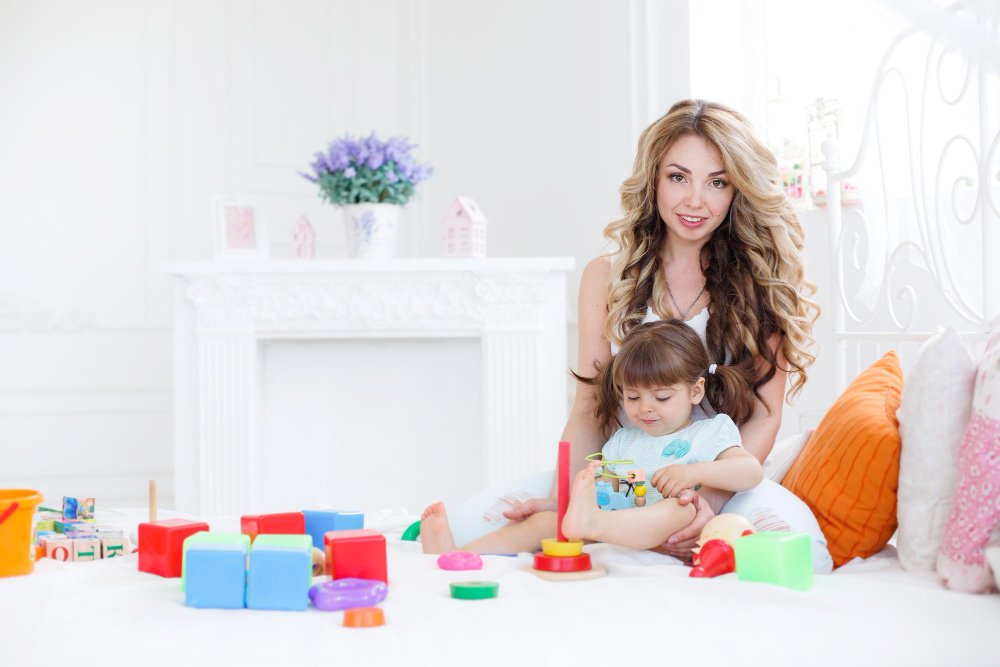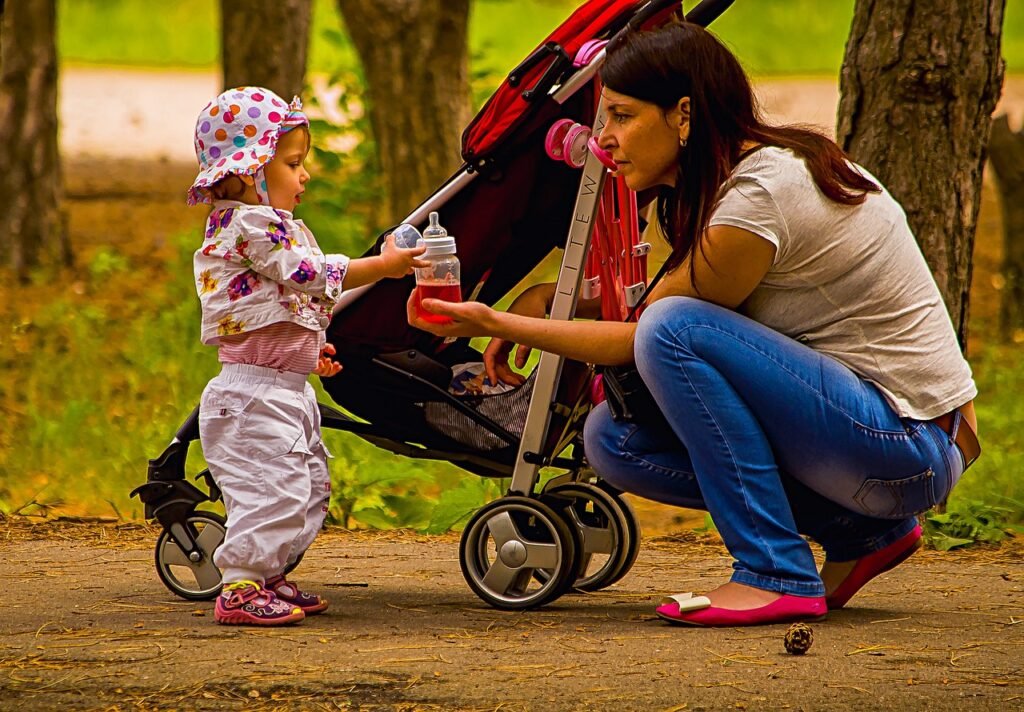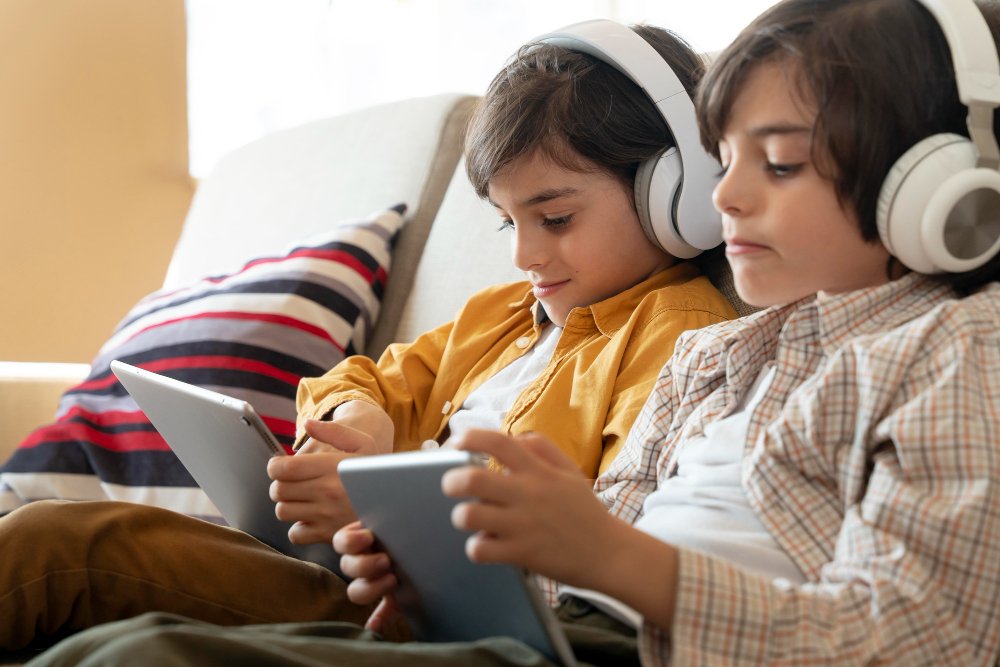How can we create a pleasant routine amidst the countless daily commitments we have?
Playing is children’s natural language and in addition to being a fundamental activity for child development, playing also represents the child’s way of knowing that they are in the world and are part of it. Through play, children reflect on their realities and cultures.
Playing also helps learning, as it is through this process that children create, invent, experiment, build and explore the world around them. Furthermore, playing allows children to learn life skills that are important for their healthy growth, such as being empathetic and communicative.
Watch Mom Talk about the importance of playing
In a world where adults are increasingly busy and “swallowed” by their daily routines of work and commitments, what would be the ideal time we should have to help our children in this healthy growth that play provides?
This question always comes up during my consultations and I usually answer that there is no ideal time, what exists is real quality. Regardless of the amount of time, playing makes all the difference in child development when it is of quality.
You need to be together, connected, actively participating in the game with the child. If this game lasts 5 minutes, but you strive to be 100% connected to the moment, everyone wins. One thing is certain, the more quality time you have with your child, the better the relationship between you and the healthier your little one will develop. One tip I always give is “don’t blame yourself, plan”. Make this moment a priority in your routine. If you are working from home, for example, take breaks of 15 minutes in the morning and 15 minutes in the afternoon, which are equivalent to coffee in person.
Take advantage of this moment to disconnect and be with your child, without your cell phone, without thinking about the rest of the day. Really be there, body and soul, to immerse yourself in your child’s world and create a true connection with them, through the playful universe that they certainly know like no one else. This will make you come back to work more excited, awake and engaged. We need these breaks to renew our brain activity and awaken the body.
Here it is important to emphasize that extra activities, such as sports and extra classes with specific themes, are not a joke. Although they offer many benefits and are important for child development, here we are talking about real play, free play, where the child has the freedom to create, command, reinvent and experiment!
See too:
Currently, the market offers children’s home education companies, such as Poppins micro-schoolsin which I also work as director, which has an interesting role for children who are in very early childhood (from 4 months to 4 years) and need this development and monitoring work more frequently.
The educators at this company are prepared to transform any place into a play space. They carry educational materials capable of creating an infinite number of toys based on the child’s imagination and participation in the act of playing. In addition to organizing the day and routine, mixing guided activities with free activities.
The fact is that, regardless of how, it is through play that children rehearse their role in society and reflect the reality they live. Playing helps children develop roles within a culture and develops social and life skills.
Think that it is worth the effort and dedication of daily minutes. And if you have the opportunity, create a support network to complement this time with family members or qualified professionals.
Playing is also an act of love, and certainly one of the purest.
Finally, I leave you with an interesting reflection from neuroscientist Sidarta Ribeiro, from the Brain Institute. “Intelligent mammals learn through play. When a tiger or lion cub plays with his little brother, for example, he is actually training to go on dangerous hunts in the future. The same happens with humans. In other words: leaving a child free to play alone, the way they want and with what they want, without interfering, and in an undirected way, is not a waste of time. It’s a health gain.”
Reading recommendation: Play Manual(Maria Cecilia Souto Vidigal Foundation (fmcsv.org.br)
*Yolanda Basílio is a psychologist, mental health counselor and pedagogical director of @poppinsedu



